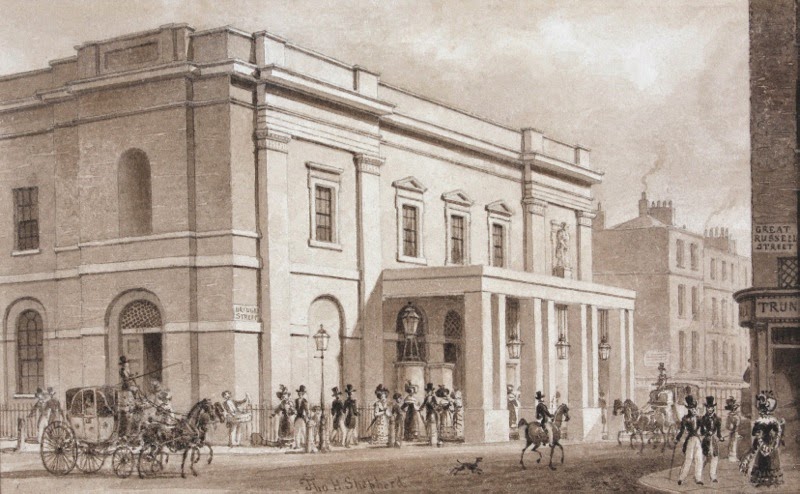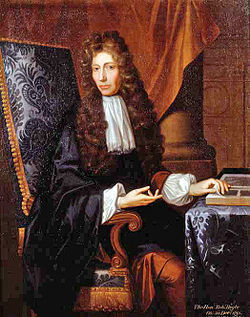English Stage: From the Restoration in 1660 to 1832

Drury Lane Theatre Researchers will find this nineteenth century reference work useful: John Genest, Some Account of the English Stage: From the Restoration in 1660 to 1830. Published in 1832. 10 volumes Individual volumes can be quite difficult to track down. Here are the links to the free Google-scanned copies. Volume 1 Volume 2 Volume 3 Volume 4 Volume 5 Volume 6 Volume 7 Volume 8 Volume 9 Volume 10 Map - Covent Garden A sample of the index/contents is shown below. ABBREVIATIONS IN INDEX. T. R. for Theatre Royal. L. I. F. for Lincoln's Inn Fields. D. G for Dorset Garden. Hay. for Haymarket. G. F. for Goodman's Fields. D. L. C for Drury Lane Company. C. G. C. for Covent Garden Company. EXAMPLES from the INDEX TO THE ENGLISH STAGE. This index appears at the beginning of Volume 1. N B. FOR THE FIRST APP. OF ANY PERFORMER OF CONSEQUENCE, SEE HIS. OR HER. CHARACTERS. A


